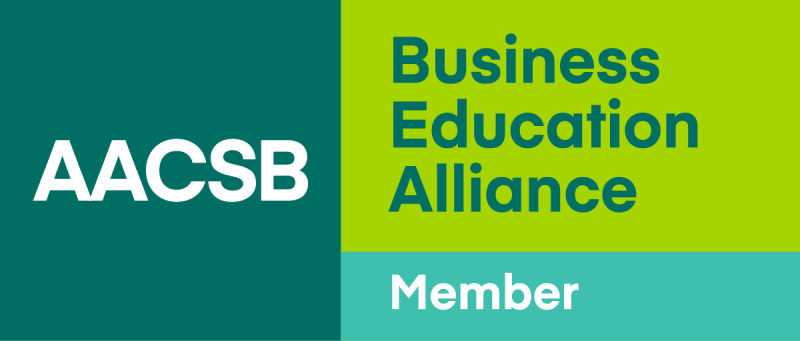YKK – At the Crossroads of Growth and Social Responsibility
We rarely notice a zipper, unless it fails. For YKK, that silent trust is everything. With 40% global market share, the company built its reputation not just on quality, but on a deep-rooted belief that business should benefit everyone it touches.
At a glance
Founded
1934
Headquarters
Tokyo, Japan
Industry
Manufacturing
Net Sales
JPY 920.2 billion (US$ 6.2 billion)
(FY2024)
Abstract
YKK, the world’s leading fastening products manufacturer with a 40% global market share, exemplifies how a company can intertwine business excellence with social responsibility. Founded in 1934 by Tadao Yoshida, YKK built its strategy on the “Cycle of Goodness” philosophy, the belief that “no one prospers without rendering benefit to others.”
This case study explores how YKK’s vertically integrated model, ethical leadership, and innovation-driven approach enabled it to maintain quality, trust, and global competitiveness while advancing sustainability and inclusivity. It examines YKK’s business structure and how early decisions to internalize production and reinvest in communities forged a resilient global enterprise. It also evaluates YKK’s Corporate Social Responsibility (CSR) transformation from philosophical ethics to structured sustainability governance.
Findings reveal that YKK’s efforts, including renewable energy adoption, recycled-material zippers, and inclusive design innovations, embody authentic sustainability, though its lack of standardized ESG reporting remains a challenge. Ultimately, the case highlights YKK’s strategic dilemma: whether to expand into cost-sensitive markets to defend share against low-cost competitors or double down on innovation and sustainability to preserve brand integrity.
Designed as a problem-solving study, it invites learners to evaluate how YKK can sustain its founding philosophy while adapting to the fast-paced realities of global competition and evolving stakeholder expectations.
Cover Photo: Courtesy of YKK Americas
All rights reserved. © 2026 Nikkei Business Lab Asia. No part of this publication may be copied, stored, or transmitted in any form. Copying or posting is an infringement of copyright.
Disclaimers:
(1) Regarding Case Study Content: This case study is based mainly on secondary data and analysis of publicly available information unless otherwise stated, and is intended solely for educational purposes. Any opinions expressed by the author(s) are designed to facilitate learning discussion and do not serve to illustrate the effectiveness of the company. Additionally, banner images and logos used in the case study are intended for visualization in an educational setting and it is not used to represent or brand the company. For any dispute regarding the content and usage of images and logos, please contact the team.
(2) Regarding University Affiliation and Titles of Authors: The university affiliation and titles of author(s) seen in the case study is based on their affiliation and title during the time of publication. It may or may not represent the current status of said author(s).
